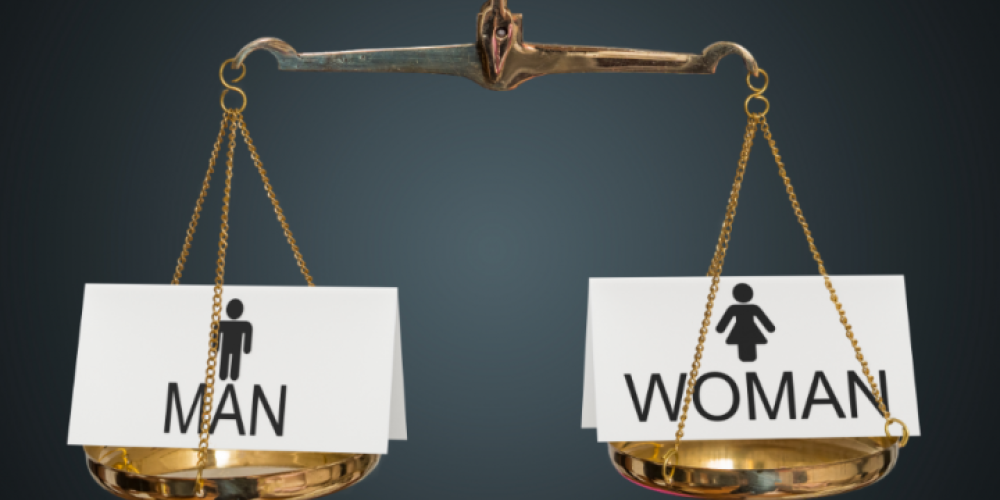
This backlash on gender equality is often considered a problem of Eastern European member states such as Poland and Hungary. For instance, the proposed (but ultimately failed) ban of abortions in Poland and the defunding of academic gender studies in Hungary were highly publicized assaults on gender equality, evidencing the general democratic backsliding in these countries. However, to reduce this phenomenon to countries with nationalist-conservative governments and deteriorating levels of democracy would fail to recognize the bigger picture.
Although with significant differences across states, not a single country in European country is even close to achieving full gender equality. This is true across all social domains, whether this concerns the political representation of women, their economic possibilities, access to justice and reproductive health or family policies. Not only is this evidenced in statistics such as the gender pay gap or the share of women in European national parliaments, but also illustrated in cases such as the one of Sigrid Maurer.
Not a single country in European country is even close to achieving full gender equality.
The Austrian politician had been insulted and sexually harassed in private Facebook messages by a Viennese shop owner and, due to a lack of legal alternatives, published these messages including the name of the sender. She was consequently sued for and convicted of defamation as the shop owner successfully claimed that anyone could have used his office computer to send the messages. Or think of the case of German gynecologist Kristina Hänel, who was convicted of illegal advertisement of abortions, merely for indicating on her website that she conducts and offers medical advice on abortions. Just earlier this month, during the closing statement of a rape trial in Ireland, the defendant’s attorney attempted to evidence the victim’s consent by showing the laced underwear she wore at the time of the assault, in a reprehensible display of victim-blaming.
Undeniably, a lot of progress has been made and continues to be made in Western European countries. In Ireland, a public referendum overturned the constitutional ban on abortion this year. In 2016, German legislators enshrined the principle of “no means no” into law governing sexual violence. Since then, women do not have to proof anymore that they physically resisted a violent assault as, literally, “no” means “no” and all forms of obvious dissent, such as crying and pleads to stop are considered sufficient. There are more examples for a slow but steady progress, also in closely related issues as the legalization of gay marriage. Still, this progress is far from being a reason for complacency.
Societal actors that advocate a retrogressive agenda on gender equality are increasingly occupying public space in Western Europe as well.
Societal actors that advocate a retrogressive agenda on gender equality are increasingly occupying public space in Western Europe as well. This includes influential far-right and center-right political parties that denounce feminism and women’s rights movements as a leftist ideology aimed at destroying traditional families and gender roles. This includes organized religions, lobbying against reproductive health rights and sexual education reforms. And this also includes social movements like “la manif pour tous”, that organized massive street protests in an effort to stop the legalization of same sex marriages in France.
These persistent gender inequalities in the European Union and the resurgence of anti-gender campaigns were the core messages, the experts and activists on the podium in the European Parliament tried to get across. It is to hope that the poor attendance of the hearing – only a handful of MEPs found their way into conference room – is not an indicator of how serious European policy makers take this backlash against gender equality. Because, while only a minority of governments has newly introduced significantly retrogressive policies on gender equality, countries across the whole European Union are experiencing an increased mobilization in opposition to human rights, as this is what women’s rights are.
About the author of this blogpost:
Florian Lang is a PhD researcher at POLI, investigating opposition to gender equality in Western Europe.